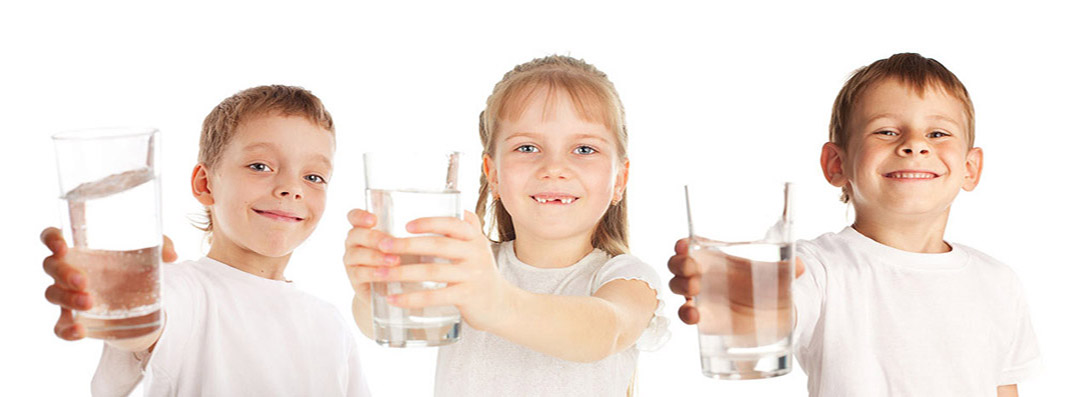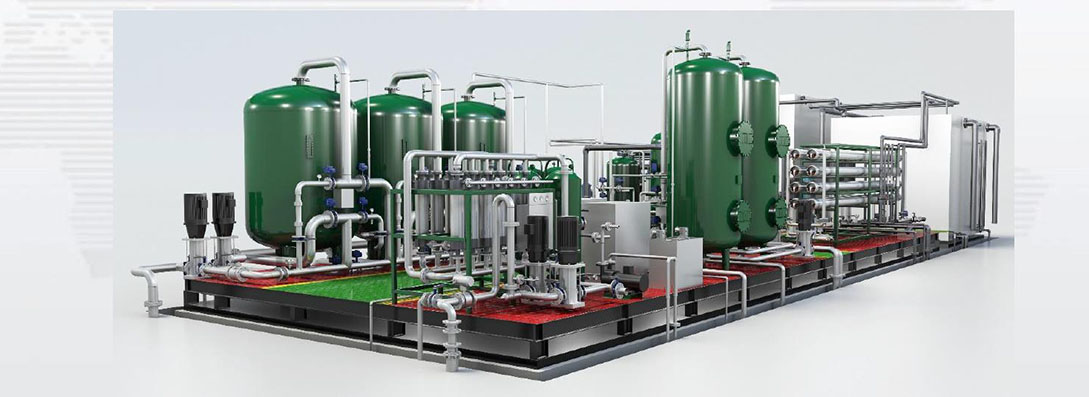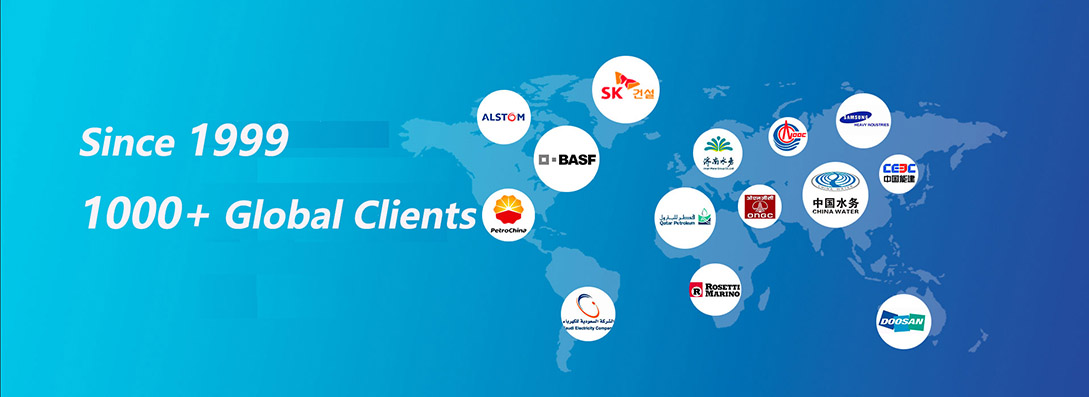Where are electro-chlorinated seawater NACLO used?
"Prevention of marine life pollution" refers to the preventive actions that are necessary in cases when seawater is used for industrial cooling operations or other purposes. Global industry standard chlorination, in the form of on-site generated NACLO, has been shown to be the safest and most economical way to avoid marine biofouling.
Onsite generation of NACLO
A processing facility, also known as an on-site electrochlorination system, produces NACLO. Through the electrochemical process of in-situ electrochlorination, seawater (or artificial salt water solution) is transformed into NACLO by electrolyzing titanium electrodes (anode and cathode) with direct current.
The benefits of HYPO created on-site
- is the most economical form of chlorine because it is produced from saltwater, which is naturally salted and costs nothing!
- is produced both on-site and as needed.
- is the safest source of chlorine since hazardously high concentrations of chemicals based on chlorine are not transported, handled, or stored there.
- no breakdown (loss of chlorine) because produced HYPO is always used "freshly" just after it is made.
- an endless supply of chlorine.
- can be completely automated in its operation and control. Either locally or remotely, this control can be exercised.
- Maintenance is inexpensive and reasonably simple.
- All of the HYPO breaks down into the original saltwater prior to electrolysis during oxidation.
Application
- power stations
- petrochemical plants / oil refineries
- oil & gas installations
- LNG terminals (liquefied natural gas plants)
- offshore platforms & FPSO’s
- ballast water treatment for marine vessels
- desalination plants & RO plants
- potable water plants
- waste water plants
- process water treatment plants, etc.
Application
Contact Us

Name: Diana
E-mail: [email protected]
Skype: +86-15-22-27-71-011
WeChat: +8615222771011
Whatsapp: +8615222771011
Add: Office N.420D-C1 Tower Ajman,UAE









 Skype Chat
Skype Chat WhatsApp
WhatsApp  Mail inquiry
Mail inquiry
